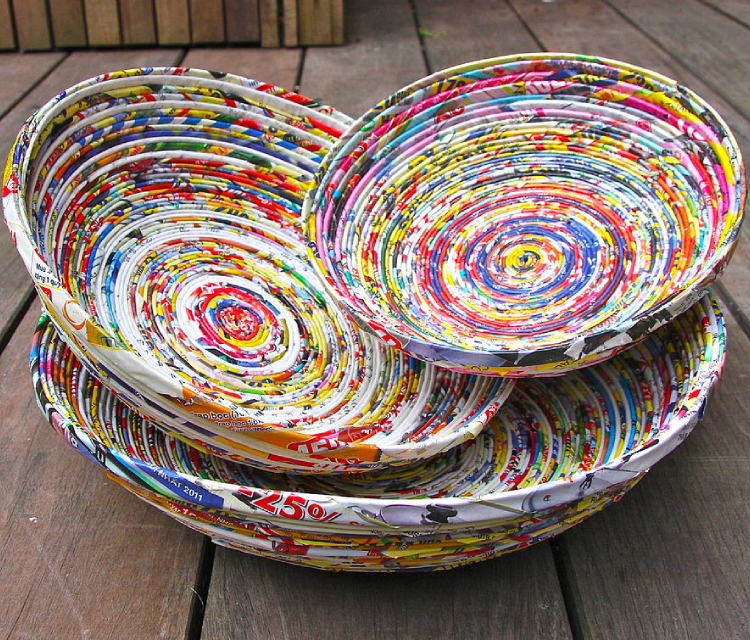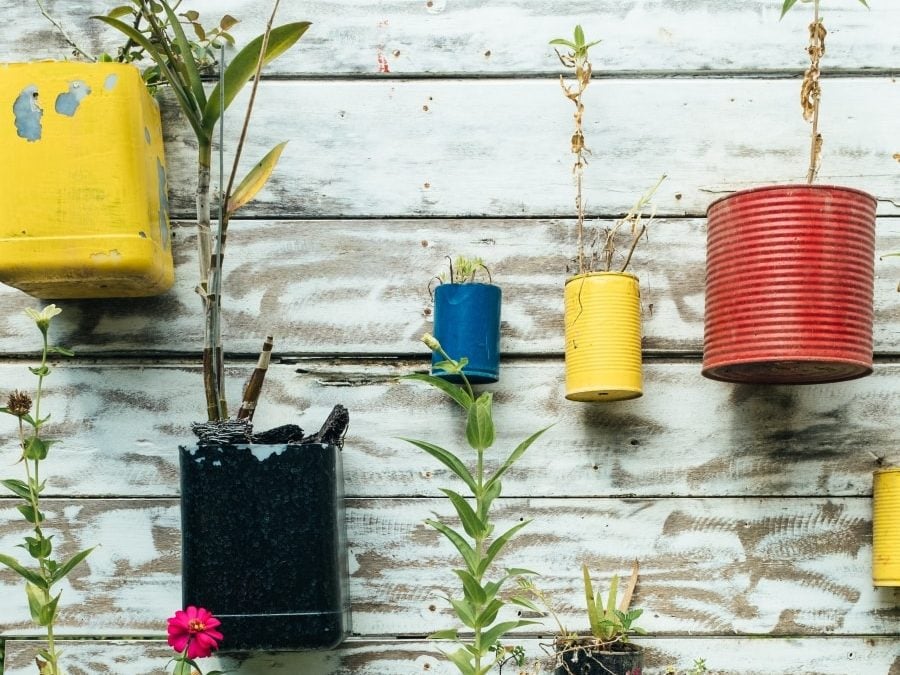Transforming Waste Into Wonder: A Comprehensive Look At Useful Products Made From Recycled Materials
Transforming Waste into Wonder: A Comprehensive Look at Useful Products Made from Recycled Materials
Related Articles: Transforming Waste into Wonder: A Comprehensive Look at Useful Products Made from Recycled Materials
Introduction
With great pleasure, we will explore the intriguing topic related to Transforming Waste into Wonder: A Comprehensive Look at Useful Products Made from Recycled Materials. Let’s weave interesting information and offer fresh perspectives to the readers.
Table of Content
Transforming Waste into Wonder: A Comprehensive Look at Useful Products Made from Recycled Materials

The global waste crisis is an undeniable reality, with landfills overflowing and environmental degradation escalating. Yet, amidst this challenge, a remarkable opportunity emerges: the potential to transform waste into valuable resources. This approach, known as circular economy, focuses on minimizing waste and maximizing resource utilization, creating a sustainable future. This article delves into the innovative world of products crafted from recycled materials, exploring their benefits, applications, and the crucial role they play in shaping a more responsible and resource-efficient society.
A Spectrum of Recycled Materials: From Plastic to Paper, and Beyond
The scope of waste materials transformed into useful products is vast and constantly evolving. Some of the most common materials recycled include:
- Plastic: This versatile material, often associated with environmental concerns, can be effectively recycled into a range of products. Recycled plastic finds its way into everything from clothing and furniture to building materials and even food packaging.
- Paper: The recycling of paper is a well-established practice, with recycled paper used in the production of new paper products, cardboard boxes, and even building insulation.
- Glass: Glass is an infinitely recyclable material, meaning it can be recycled repeatedly without losing its quality. Recycled glass is used in the production of new glass containers, fiberglass insulation, and even decorative items.
- Metal: Aluminum cans, steel scraps, and other metal waste are readily recycled, finding applications in construction, automotive manufacturing, and even the creation of new consumer products.
- Textiles: The fashion industry produces a significant amount of textile waste. However, innovative recycling methods are being developed to transform old clothes and fabrics into new materials, reducing landfill waste and creating sustainable fashion options.
Benefits of Products Made from Recycled Materials:
The benefits of utilizing recycled materials extend beyond environmental sustainability. These products offer a range of advantages:
- Environmental Protection: Recycling reduces the need to extract virgin materials, mitigating the environmental impact of mining and deforestation. It also minimizes landfill space, conserving natural resources and reducing greenhouse gas emissions.
- Resource Conservation: Recycling conserves valuable resources, ensuring their availability for future generations. This approach promotes a more responsible use of finite resources, particularly in a world facing increasing resource scarcity.
- Economic Advantages: The recycling industry creates jobs and stimulates economic growth. It also reduces the cost of manufacturing new products, as recycled materials are often less expensive than virgin materials.
- Innovation and Creativity: The challenge of transforming waste into valuable products fosters innovation and creativity. It encourages the development of new technologies and processes, leading to the creation of unique and sustainable products.
- Reduced Pollution: Recycling helps to reduce air and water pollution associated with the extraction and processing of virgin materials. This contributes to a cleaner environment and improves public health.
Examples of Useful Products Made from Waste Materials:
The potential for utilizing recycled materials is vast, with numerous examples of innovative products making a positive impact:
- Eco-friendly Clothing: Sustainable fashion brands are increasingly incorporating recycled materials like plastic bottles, old clothes, and even coffee grounds into their clothing lines, creating stylish and environmentally conscious apparel.
- Recycled Plastic Furniture: Recycled plastic can be molded into durable and aesthetically pleasing furniture pieces, offering a sustainable alternative to traditional furniture options.
- Building Materials: Recycled materials like glass, plastic, and paper are finding widespread applications in the construction industry, creating eco-friendly and cost-effective building materials.
- Recycled Paper Products: From notebooks to packaging materials, recycled paper is a common sight in everyday life, reducing our reliance on virgin paper and promoting sustainable practices.
- Bioplastics: Bioplastics are made from renewable resources like cornstarch or sugarcane, offering a biodegradable alternative to traditional plastics.
Frequently Asked Questions (FAQs)
Q1: Is it safe to use products made from recycled materials?
A1: Yes, products made from recycled materials are generally safe for use. Recycling processes are designed to remove contaminants and ensure the safety of the final product. However, it is important to purchase products from reputable manufacturers who follow strict quality control standards.
Q2: How can I identify products made from recycled materials?
A2: Look for labels or certifications indicating the use of recycled materials. Some common labels include the "Recycled Content" label, the "Post-Consumer Recycled" label, and the "Green Seal" certification.
Q3: Are there any downsides to using recycled materials?
A3: While the benefits of recycled materials are numerous, there are some potential downsides. The recycling process can be energy-intensive, and the quality of recycled materials may sometimes be lower than virgin materials. However, technological advancements are continually improving the efficiency and quality of recycled materials.
Q4: How can I contribute to the use of recycled materials?
A4: You can contribute by purchasing products made from recycled materials, supporting local recycling initiatives, and advocating for policies that promote sustainable practices.
Tips for Choosing Products Made from Recycled Materials:
- Look for labels and certifications: Seek out products with labels or certifications indicating the use of recycled materials.
- Research the manufacturer: Choose products from manufacturers known for their commitment to sustainability and ethical practices.
- Consider the product’s lifecycle: Choose products designed for durability and longevity, minimizing waste in the long run.
- Support local recycling initiatives: Participate in local recycling programs and encourage others to do the same.
- Advocate for change: Support policies that promote recycling and the use of recycled materials.
Conclusion:
The transformation of waste into valuable products is a testament to human ingenuity and a crucial step towards a more sustainable future. By embracing recycled materials, we not only reduce our environmental impact but also create opportunities for innovation, economic growth, and a more responsible use of our planet’s resources. As technology advances and consumer awareness grows, the future of products made from recycled materials holds immense potential for creating a world where waste is not a problem but a valuable resource, driving progress towards a more sustainable and prosperous future.







Closure
Thus, we hope this article has provided valuable insights into Transforming Waste into Wonder: A Comprehensive Look at Useful Products Made from Recycled Materials. We hope you find this article informative and beneficial. See you in our next article!
You may also like
Recent Posts
- Shaping The Homes Of Tomorrow: Home Decor Trends For 2025
- Navigating The Evolving Landscape Of Home Decor Trends: A Comprehensive Guide
- Weaving History And Home: A Guide To Unique Vintage Farmhouse Decor
- The Enduring Appeal Of Wooden Duck Home Decor: A Timeless Symbol Of Nature And Serenity
- Beyond The Ordinary: A Guide To Unique Home Decor Accessories
- Navigating The Fast Fashion Landscape: Exploring Alternatives To SHEIN
- A Global Network Of Home Improvement: The Reach Of The Home Depot
- Finding The Perfect Pieces: A Guide To Home Decor Shopping

Leave a Reply